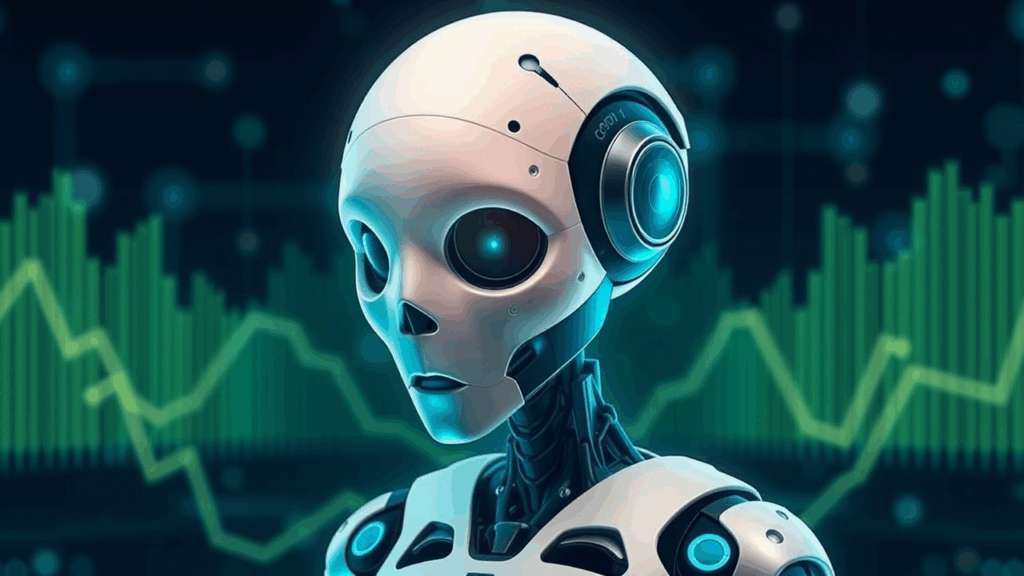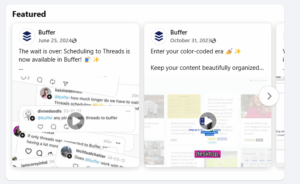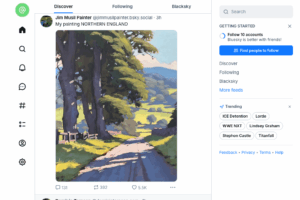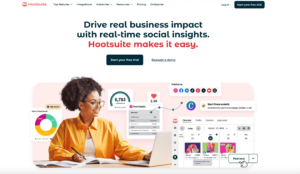As artificial intelligence becomes a major force in content creation, a critical question has emerged: Are internet algorithms giving preference to AI-generated content over human-created content? For content creators, marketers, and digital businesses, this concern is more relevant than ever in today’s fast-evolving web ecosystem.
What Is Algorithmic Bias?
To understand this dynamic, we must first unpack algorithmic bias.
Algorithms power the ranking and recommendation systems behind search engines, social media feeds, and content discovery tools. These algorithms are trained on massive datasets. If the data they’re fed contains historical or structural biases, the algorithms can end up reinforcing those biases—often unintentionally.
On social platforms, this could mean that certain types of content—potentially including AI-generated material—are favored more often, distorting visibility and engagement in subtle but impactful ways.
Why AI Content Often Performs Well
AI-generated content holds specific advantages that make it especially compatible with algorithmic ecosystems:
- Optimization: AI tools are built to analyze vast datasets, identify engagement trends, and optimize content for clicks, shares, and other key metrics.
- Consistency: AI can produce content at scale with a unified tone, which supports branding and audience trust.
- Scalability: Unlike human creators, AI can churn out large volumes of content quickly, keeping pace with algorithmic demands for fresh material.
Because many platforms reward content based on engagement metrics, AI content can inadvertently dominate—not because it’s labeled as “AI-generated,” but because it’s optimized to perform well.
In other words, algorithms prioritize what works. If AI content garners more clicks, comments, or shares, it will rank higher—regardless of its origin.
Why Human Creativity Still Matters
Despite AI’s efficiency, human creativity remains irreplaceable. Here’s why:
- Emotional depth and authenticity
- Cultural and social nuance
- Genuine storytelling and out-of-the-box thinking
AI is great at mimicking patterns, but it lacks the intuitive spark that makes storytelling resonate on a human level. True innovation still comes from human insight and emotional connection—areas where AI has serious limitations.
Humans and AI: Partners, Not Rivals
Instead of viewing AI as competition, creators should see it as a creative collaborator. When used strategically, AI can support human efforts by:
- Generating ideas or outlines
- Speeding up research
- Handling repetitive or technical tasks
This allows human creators to invest more time in meaningful work—like refining brand voice, shaping narratives, and building deep audience relationships. The goal isn’t to replace human creativity but to amplify it.
The Future of Content Is Hybrid
As AI tools become more advanced, they will become an essential part of content strategy and production. But the human element will remain critical—especially for brands looking to connect emotionally, build trust, and stand out.
To thrive in this hybrid future, content teams will need to:
- Understand how algorithms function—and where bias can influence outcomes
- Leverage AI to boost productivity without compromising originality
- Focus on producing content that resonates with real people
Ultimately, content success isn’t about whether it was created by a person or a machine. What matters is whether it connects, engages, and delivers value to the audience it was made for.
Final Thoughts
AI is reshaping the digital content landscape—but this isn’t a battle of humans vs. machines. It’s about combining the best of both worlds.
By blending AI efficiency with human creativity, today’s content creators can meet algorithmic demands without losing the soul of their message.
The future of content isn’t AI or human—it’s AI and human, working together to create content that is smarter, faster, and more human than ever before.









